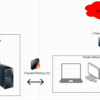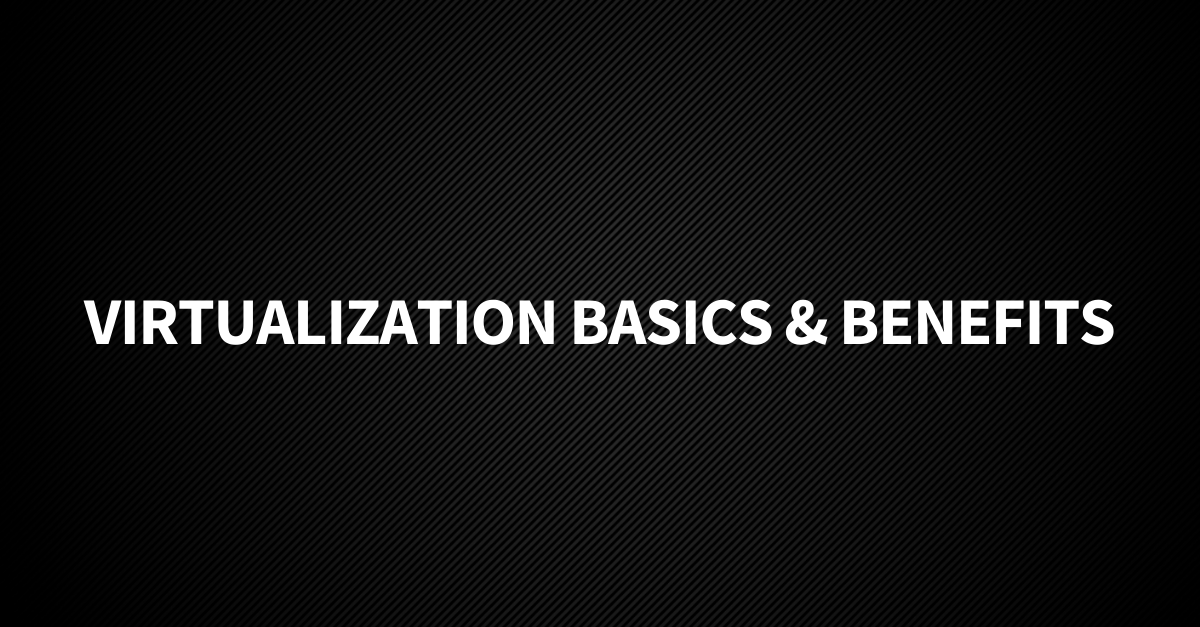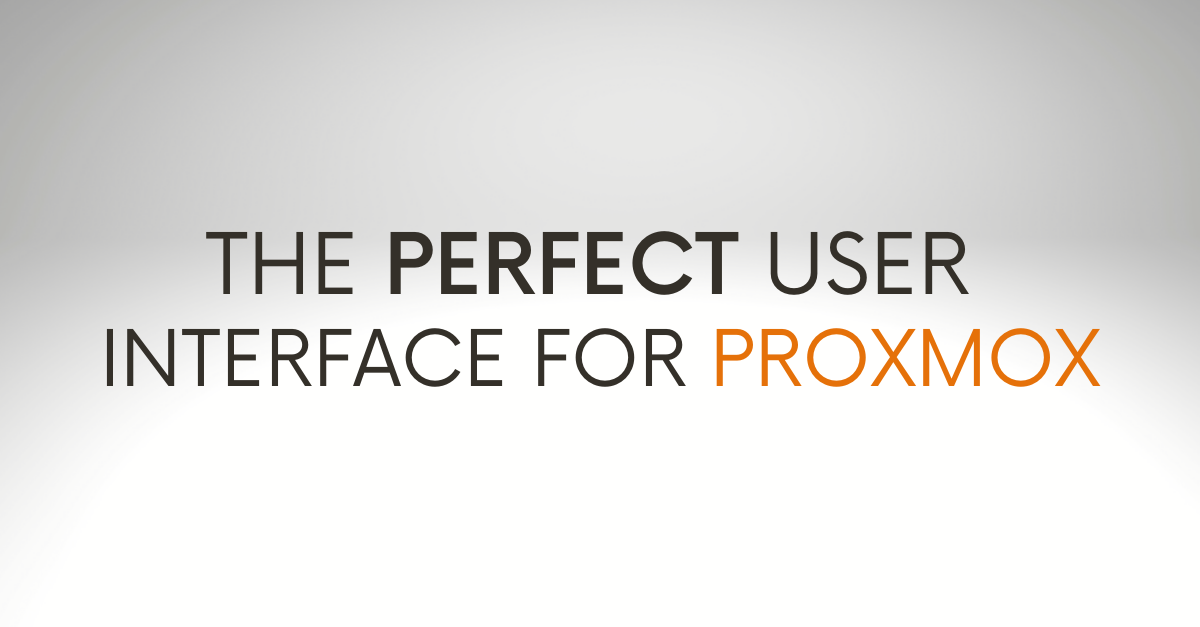Enterprise Doesn’t Mean Legacy: Open Source – The New Way to Store Your Data
The storage landscape
If you are looking to store a lot of data, basically there are two options. The Cloud is out. As anyone who has seriously considered it can tell you, the Cloud costs way too much once you have a large enough amount of data. The remaining two options involve purchasing a physical device to store your data, either in a “roll-your-own” solution or hardware vendors that depend on legacy business models…You know what we mean; overpriced hardware, restrictive warranties, and contracts containing fine print.
Roll your own Solution
One option for organizations looking for data storage is simply purchasing a device and storing data on it, with no input from their vendor. These “roll-your-own” solutions are the most cost-effective and flexible, your vendor can’t tell you not to do something because they have no idea what you’re doing. This has the drawback for when you may be heading down the wrong path, you don’t have access to experts who can help put you back on track.
These solutions are the most cost-effective because they don’t need to incorporate the cost of dedicated customer support and are merely hardware vendors. A solution like this can backfire as downtime can be extremely costly and if you don’t have a vendor to turn to help get your storage back online it can really drag it out. When the stakes are small and the IT team has the time and skill to manage the system on their own this can work fine. But for larger organizations and those worrying about the cost-effectiveness of dedicated staff to manage your storage solution, the traditional solution has been to turn to legacy vendors.
Legacy Vendors
Legacy vendors are the big names of the storage industry. They have been around a long time and have deployed countless storage systems worldwide. They offer full support packages for their storage offerings and ensure peace of mind through their reputation. Because of this, they are seen as more trusted. People used to say, “no one ever got fired for buying IBM”.
However, the legacy vendor’s data storage solutions cost a massive amount compared to roll-your-own solutions. Their systems run proprietary software loaded with surprise paywalls and additional fees that have crippled their customer’s organizations in the past. A lot of the time, they load in unnecessary features and charge more for them then they really require. The truth is, plenty of people have been fired for buying needlessly bloated storage solutions.
So why aren’t there storage solutions that suit organizations who require expert support, but don’t wish to spend extra on unnecessary features, hidden fees, and rigid support contracts?
45Drives offers a new way to store your data. Instead of locking you into proprietary software contracts, 45Drives builds its storage systems with open-source software and commodity hardware, offering an unmatched price for a fully supported data storage solution you can have confidence in. Let’s break down exactly what open-source and open-platform design mean for you.
Open-source
Open source software has its source code available to anyone to observe or enhance. This means instead of having the cost of paying a dedicated development team incorporated into the price of your storage solution, a generally larger team of independent contributors develop the software at no cost to you. Meaning, you pay less for your storage.
Having a decentralized development process is thought by some to be more effective. Would you rather have one team of developers working on something you have no control over, or an entire community contributing to making the software as good as it can be?
Open-source software is sometimes seen as complicated to people without too much experience. 45Drives will help ensure that your open-source data storage solution is configured to your network and provides resources and support with deployment and maintenance. The software itself has also come a long way; most of the popular solutions 45Drives has experience deploying can do anything the proprietary alternatives can do, as well or better.
Open Platform
“Open-platform” is effectively the “open-source” of hardware design. 45Drives uses engineering approved commodity components and “software-defined” everything. This translates to two key advantages, if something breaks, you can easily source a new replacement. The cost of the parts will also be less than they would through a legacy vendor. The magic of the storage system is all performed on the software level (software-defined) which provides more flexibility and a longer lifespan than proprietary parts.
Commodity hardware also allows a greater range of options when choosing the software that runs on your storage system. 45Drives has deployed everything from the lightest weight Linux distributions, to large clustering software, all the way to Windows. If your use case has specific requirements, working directly with 45Drives engineers is the best way to ensure you get exactly what you need.
The storage landscape has changed, you are no longer forced to buy bloated, expensive systems if your organization requires a fully-supported, enterprise data-storage system. 45Drives will help enterprises get the data storage they need for less out of their budget. Open-source software solutions have already long passed the threshold of production viability, and if you’re reading this you likely have already heard of the merits of software-defined, commodity-hardware designs.
What are you waiting for? Get a quote online in minutes and find out how much you could be saving on data storage today.




